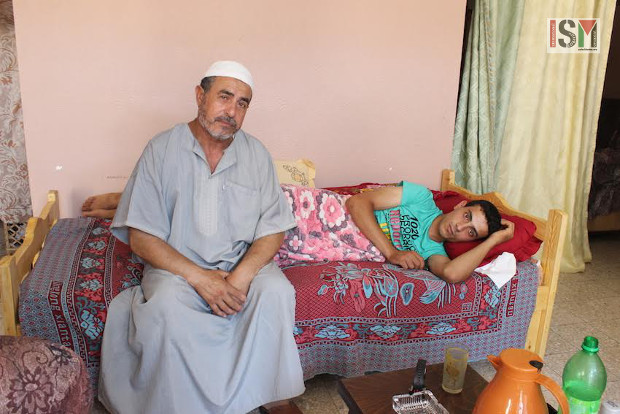Tag: Gaza Siege
-
Gaza, a constant slaughter: Testimonies of a genocidal aggression
19th September 2015 | International Solidarity Movement, Gaza Team | Khuzaa, Gaza Strip, Occupied Palestine It only depends on us that this mother’s cry of pain does not drown in the silence. “My paralyzed daughter was murdered by Israeli soldiers and I couldn’t save her” she told us, looking at us with clear eyes veiled with…
-
Testimony of Khuzaa’s massacre
8th September 2015 | International Solidarity Movement, Gaza Team | Khuzaa, Gaza Strip, Occupied Palestine One year after Israel’s attacks in the Gaza Strip, the massacre in Khuzaa is vividly remembered by one of its inhabitants. Dr Mohammed Qudaih lived with his family in Khuzaa, in the southern Gaza Strip, less than a kilometre away…
-
Gaza’s fishermen under constant attack by Israeli warships
27th July 2015 | International Solidarity Movement, Gaza Team | Gaza, Occupied Palestine Ahmed: “Once I recover I’ll go fishing again…” Ismail (Ahmed’s father): “No, you won’t! That’s enough…” As Ismail tells ISM, “the occupation establishes the fishing limits according to the season. When there’s fish within 3-6 miles they don’t let us go further…



